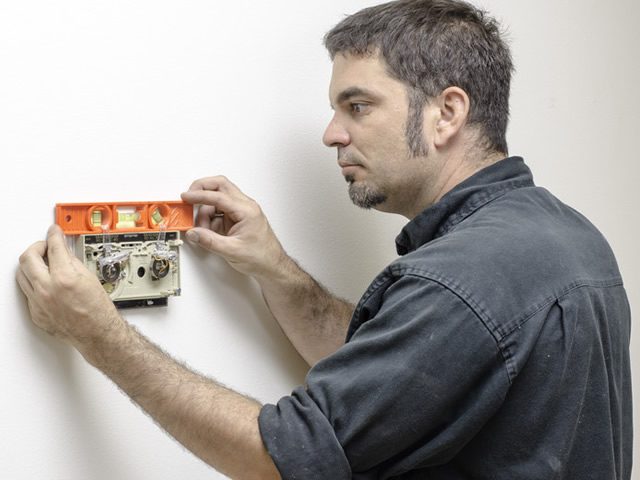What’s Covered in a Typical Home Inspection

A standard home inspection look at the basic issues a house may have if there is a problem. Like a general primary care physician, if an issue outside of a standard exam were to arise (such as an abnormal beating heart), then a heart specialist will need to take over and evaluate the patient further. The same can be true for a home inspection that yields far greater problems.
If you’re curious what inspectors look at, check out the list below:
The Roof: The shield of your home is important to the overall quality of a home. Inspectors need to know how old a roof is, as well as check the downspouts, draining systems, and buckled shingles. If a home has a chimney or skylight, you can be sure they will be evaluated too.
Electrical Work: Everything from the outlets, breakers, fuses to the wires, service panels are inspected in each room to ensure safety. If a major issue is identified, it’ll be written up in the final inspection report outlining our recommendations.
The Foundation: The framework of the house should be sturdy and have the ability to withstand gravity and the weather. An inspector will verify if that is the case for a home. If we identify a major problem, you’ll be informed and it’s updated in the report. Our recommendation may be that you bring in a specialist to assess the seriousness of the problem — this is something you can probably get the seller to do once he/she is aware of the problem.
Interior: The stairs, stairways, railings, walls, cabinets, garage system, counters, tubs, toilets, and ceilings are checked by an inspector to verify whether or not it is functional. Damages or defects that are found will immediately be reported.
Exterior: The windows, doors, sidewalk, trim, balconies, porch, deck, and surface drainage will be tested.
Plumbing: Everything concerning the water system in the house is evaluated to determine the quality and safety of the water supply. The lining, pumps, and pipes including the drainage, fuel, and heating systems are inspected. There should be adequate water pressure and the plumbing should be free of rust spots, corrosion, or banged pipes which are problem indicators.
Fireplace: Fireplaces are attractive, but can be the most dangerous, so an inspector will check out the flue and vent and the fuel burning appliances to determine if it poses a fire risk. If a home has a fireplace, it will be evaluated, but it something a specialist should look at if you are worried.
Air Conditioner and Heater: Both appliances are turned on to see if they work and are powerful enough to cool or heat the home efficiently. Their age and energy level are inspected too and reported up.
Ventilation: insulation and ventilation are important in the house so heat and toxic substances can exit the house. Fires, mold, mildew, and toxicity problems may be found in a home that does not have proper ventilation.
Got questions about our inspection process? Give us a call right now!

